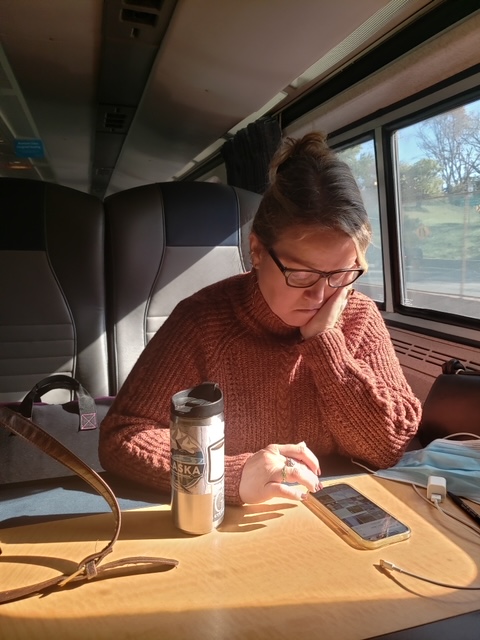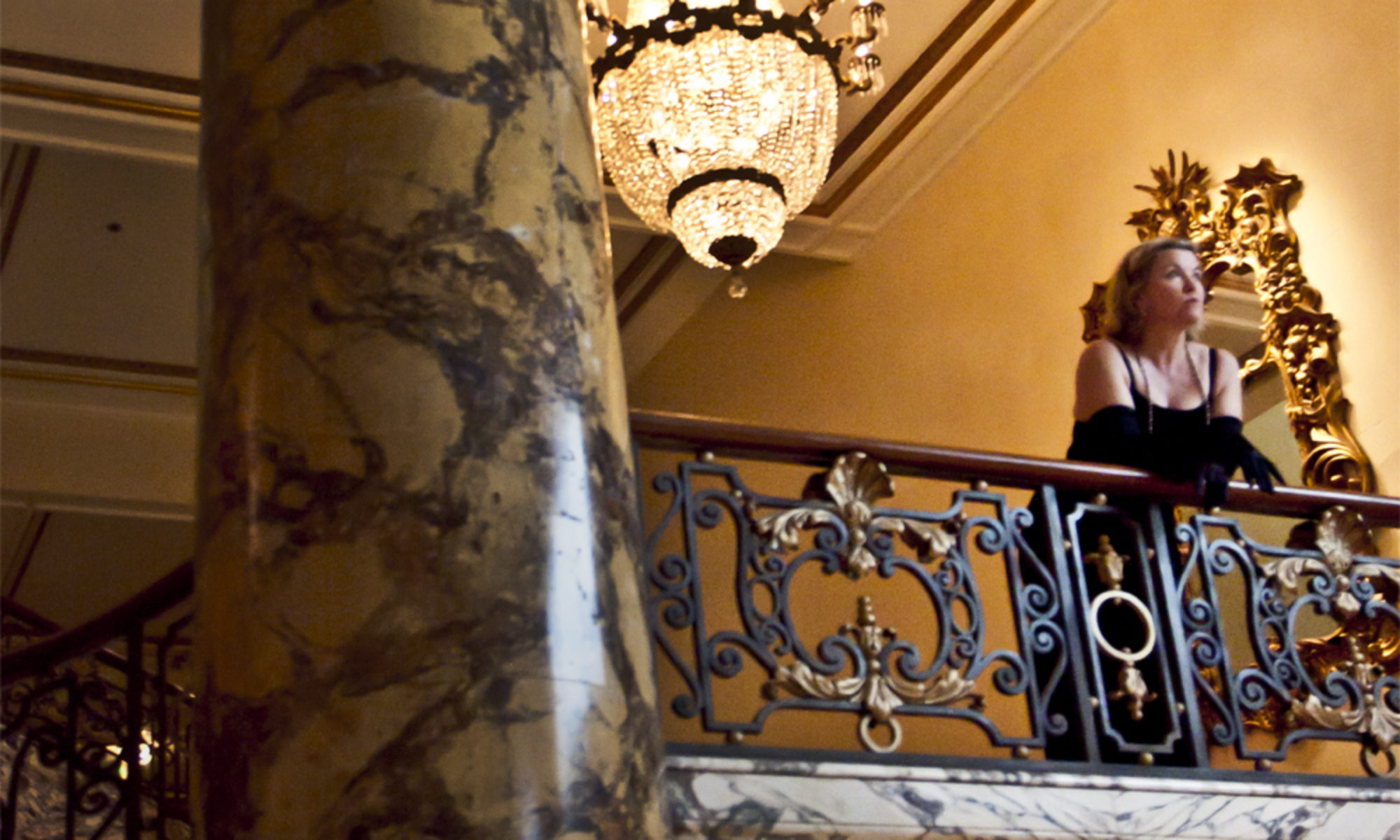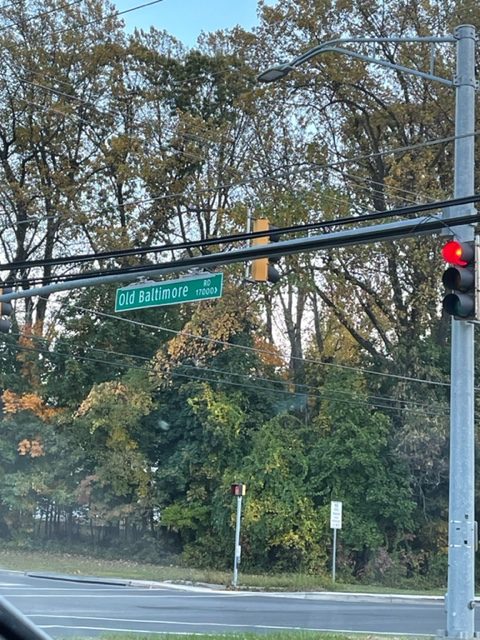We owned property in Virginia and we owned property in Maryland, and unfree people were part of that chattel property at the time. There is very little left of the actual plantations in the state of Maryland, but surprisingly, there is a fairly large influence left behind. Our Bailey, Upshaw and Hillary ancestors lived in Maryland in the 1700s and claimed land plats that were very large in comparison to the quarter sections of land in the Southern states. We visited the Largo and Marlboro areas in Maryland to find traces of the former Largo, Meadows, and Beall’s Pleasure, and found essentially nothing like avenues of trees, brick houses or swanky pillars. Instead, we found parking lots, freeway onramps, and a toxic waste disposal unit. But the neighborhoods have traces everywhere, to wit—

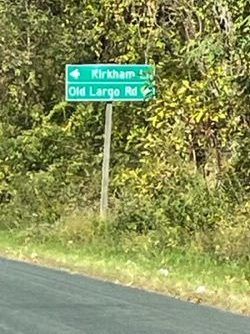
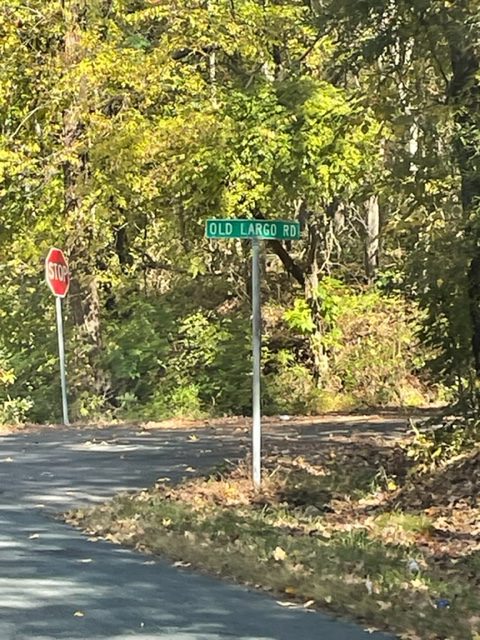
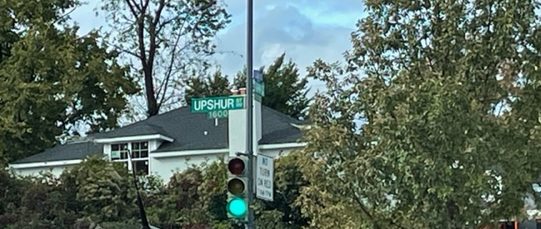

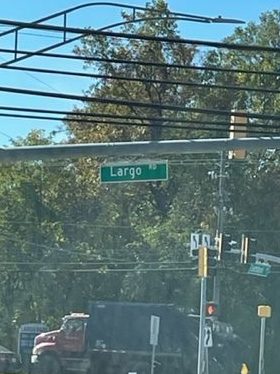


Maryland is lousy with Beales and Upshers, with Largos and Marlboros and so on. The very scope of their plantations is astonishing—how much land they must have had in cultivation. Maybe it just seems big, under the parking lots, onramps, and Lowe’s shopping centers. But these plantations were veritable villages. They sprawled. And the markers today, the length of Old Largo Road, for example — it just keeps reappearing on the map. According to my measurements (and Google maps), the Old Largo Road, which was there before the newer Route 202 Largo Road, is more than six miles long. How much of that was within or alongside Largo itself? How large was Largo? I clearly have more exploration to do, but as one of the landowners in the area, Thomas Beall or Beale (Bailey) would have owned a piece or pieces of land that today would be worth millions. Many millions.
Meanwhile, history is underfoot in Maryland in other ways. How do you get to Baltimore from Burtonsville? You take the Old Baltimore Road.
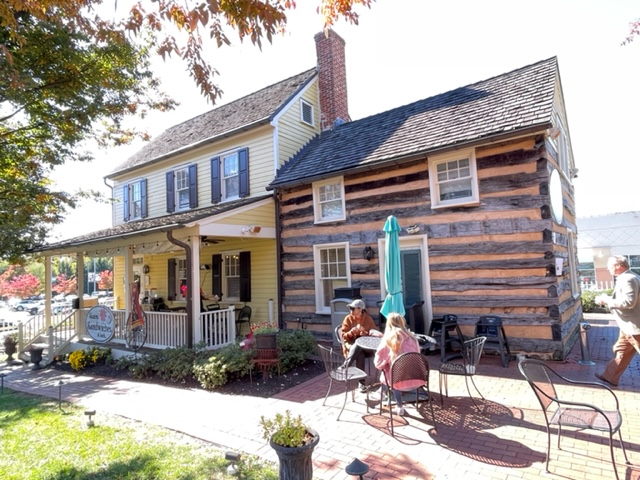
You want a sandwich? Stop at the Sisters Sandwiches & Such, which used to be the Higgins Tavern, built in 1823, or go hiking in the Blue Mash , where the enslaved used to hide from their captors but now you can do some nice jogging or birdwatching. You can trip over history, traces of the past, if you’re not looking, and it’s everywhere, once you start to pay attention.
The plantations in Maryland were underneath parking lots, and in one case, a toxic waste drop-off facility, so you can no longer see what used to be. But then there’s the Three Sisters Plantation, which has become a housing development, and the main house has been clad in vinyl siding. It’s still there, but not. The Beale houses are gone but their neighbor’s place survived, from 1700s era—Darnall’s Chance was their closest neighbor, and that house remains.


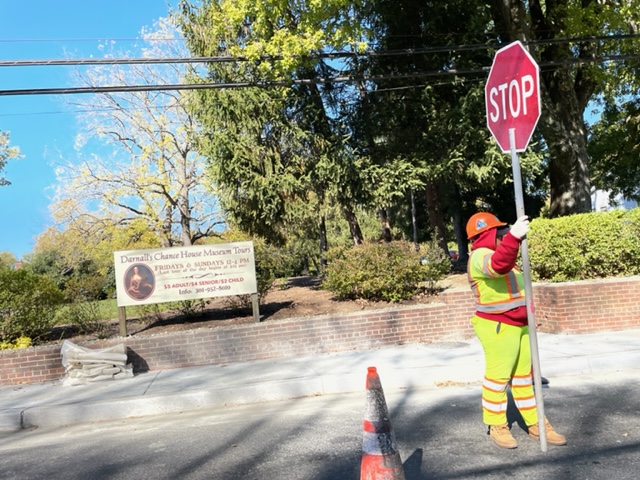
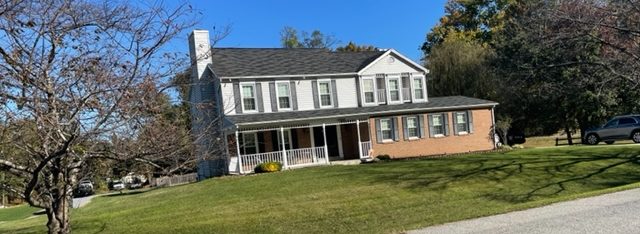
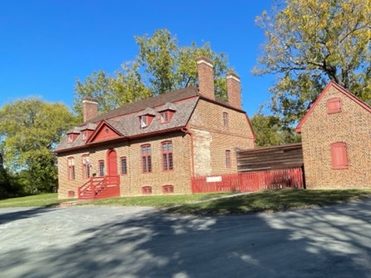
I wish I knew what to say beyond, “This is weird, can you believe it? Look at this!” I joke with people about how they owe me back rent, as if I ever had a thing to do with that era, the ownership of these places, or the captives they enslaved.
But I grew up in houses that my parents owned, and my four siblings and I all went to college. We all went to Cotillion (ballroom dance and comportment classes) and learned to dance the foxtrot and waltz, how to sit and stand and wear gloves and greet our elders. We know how to be courteous in any social situation and which fork to use. We’ve been to the symphony, opera, and ballet, and know how to eat in a restaurant. We have books in our homes, and we enjoy learning. There’s a certain class awareness as well as race awareness in how we live our lives, some more than others. I believe these attitudes are inherited, taught along the way. My great-grandmother sneering at people who worked with their hands ripples down. We worry what people think of us. We don’t want to let down the side.
The privilege is real. I don’t know any other way. I don’t feel guilty about the life I live. I do feel that acknowledgement is vital. We got here because someone else did the work so we didn’t have to. We got here because someone else paid the true cost. It’s deeper than that, but I’m still thinking it over.
